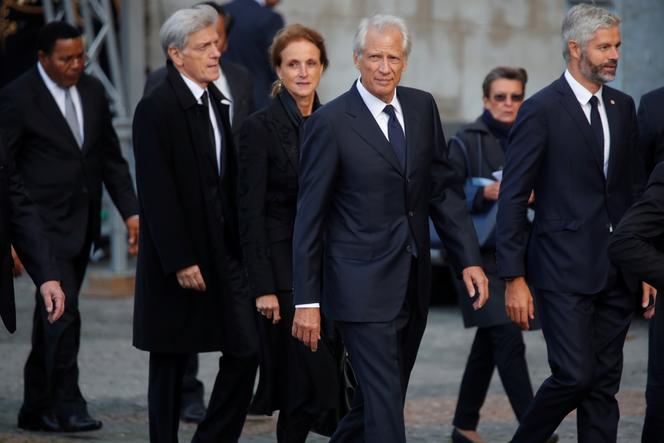


He is still as eloquent and polished as ever, his way of speaking a blend of flamboyance and pedagogy to describe an increasingly anxiety-inducing world. At 71, Dominique de Villepin is experiencing a second political youth, aided by a rich international news landscape. In recent weeks, de Villepin, the author of a trilogy of books on Napoleon, has made a spectacular rise in popularity rankings. Could he be dreaming of a dazzling victory, an Austerlitz or a Marengo, in the 2027 French presidential election? De Villepin, a former prime minister under Jacques Chirac from 2005 to 2007, has encouraged this flattering idea to flourish. But if there is one place where no one believes in his saber-rattling charge on the Elysée, it is indeed in France's political right – his own side of the spectrum. Except that de Villepin has never been a card-carrying member of the conservaive Les Républicains (LR) party.
Out of sight, out of mind. "Honestly, no one talks to us about him on the ground," said Vincent Jeanbrun, an MP for the conservative party. Even less so in the context of a campaign for the party presidency, with the vote on May 17 and 18. The former diplomat is watching the duel between Bruno Retailleau and Laurent Wauquiez from the sidelines. The two candidates are two reflections of a right wing that is increasingly obsessed with identity issues and sliding down a Trump-like path. "In the United States, the battle over identity has become a means of control, and unfortunately we've seen its contagion in Europe," de Villepin explained to Le Monde. "The entire rhetoric of the interior minister [Bruno Retailleau] is based on this strategy of identitarian agitation."
You have 73.78% of this article left to read. The rest is for subscribers only.
